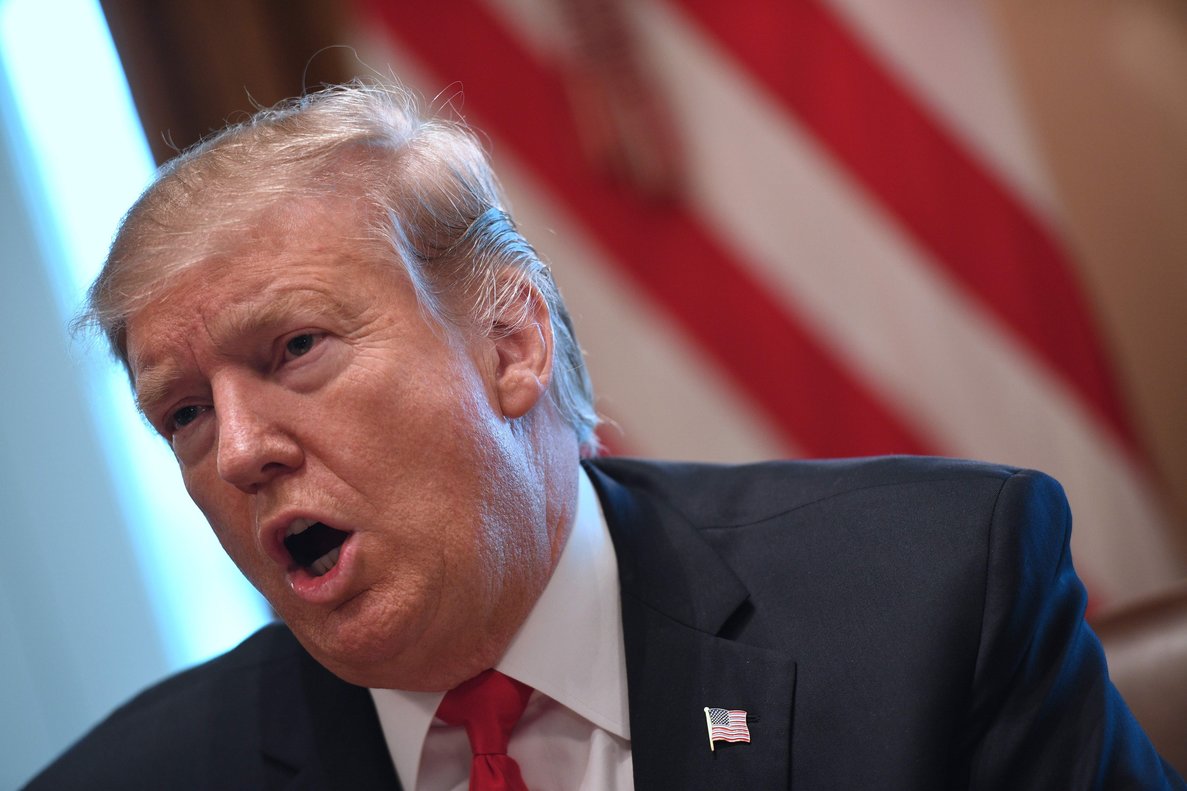
Washington’s operation in Venezuela is getting broad support internationally and domestically
Venezuela has the honor of being the first major issue in international politics on which Donald Trump is not going it alone. From the time he arrived in the White House, Trump has been distinguished by the agreements, alliances and friendships he has broken: the Paris Agreement on climate change, the nuclear pact with Iran, the movement of the United States embassy in Israel to Jerusalem … Trump has spoken ill of Justin Trudeau; he has aligned himself with Brexit against the European Union; he has showered insults on European allies; he has put the Mexican president, Andrés Manuel López Obrador, in a delicate position; he has pilloried his partners in NATO; he has defended Mohammed bin Salman as far as is reasonable and beyond, given the Washington-Riyadh alliance … Trump the disruptive, Trump the isolationist, Trump the unilateral has been in good company in the Venezuelan crisis: Canada, the Lima Group, several European Union countries, including Germany and France … A kind of rehabilitation of Trump on the international stage has come thanks to Caracas.
Canada and Spain
This is curious, given that the Venezuelan crisis is an issue strongly charged with preconceived ideological assumptions. Two statements of support are significant: that of Canada, which sent the message that the Venezuelan issue is eminently a question of the Americas, and that of Spain, with a socialist government and the weight of the tradition of Spanish diplomacy in Venezuela. Clearly, Trump has more friends than Nicolás Maduro.
Beyond Maduro and Juan Guaidó’s conflicting claims to legitimacy, and beyond the Venezuelan situation’s complexity, which challenges our preconceived ideas and defies solution by means of the usual ideological trench warfare, it is hard to deny that the pace of the crisis is being set by Washington. First, Guaidó’s self-proclamation as president and now the question of access to humanitarian aid are moves coordinated by the Trump administration. These moves have not only significant foreign backing but also considerable domestic support, from Miami (anti-Raúl Castro) Republicans as well as from a substantial segment of the Democratic opposition.
All this support for Trump is basically explained by the fact that what he is doing in Venezuela is a classic U.S. operation, with oil as the undeniable additional incentive. Not even the most isolationist president will resist the attraction of installing and removing presidents in his Latin American backyard. Yes, Venezuela is a disaster, a catastrophe for the Venezuelans. Yes, human rights are not respected under Maduro. But in Egypt, Washington supported (and supports) a military coup and an atrocious regime like that of Gen. Abdel-Fattah el-Sissi. And it is not difficult to imagine what would happen in Saudi Arabia, that democracy, if someone in the opposition were to declare himself president. In Venezuela, Trump is not motivated by human rights. To support his Venezuelan maneuver in the name of human rights is self-deception. And we are deceiving ourselves.

Leave a Reply
You must be logged in to post a comment.